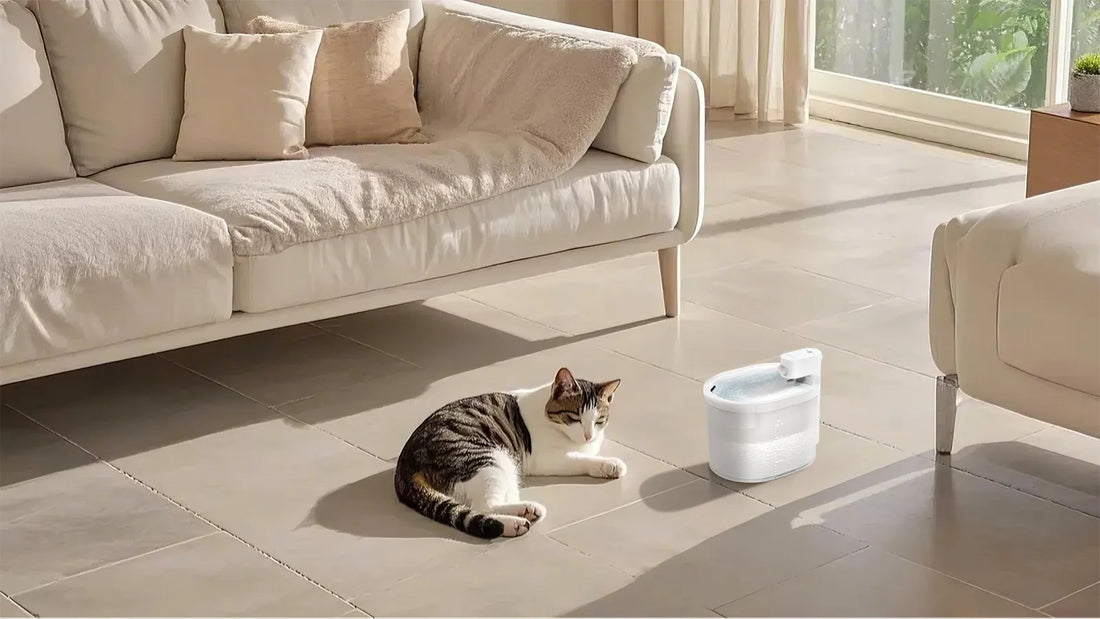If your dog is drinking excessive water and urinating in the house at night, it’s time to pay attention. This behavior can be a sign of underlying health issues or environmental factors that need addressing. Understanding the root cause is essential to help your furry friend stay healthy and maintain a clean home. Let’s dive into the possible reasons and explore practical solutions to tackle this problem.
Why Is My Dog Drinking So Much Water?
Excessive water consumption, also known as polydipsia, can be caused by various factors. Some of the most common reasons include:
- Dehydration: Hot weather or increased physical activity can lead to dehydration, prompting your dog to drink more water.
- Dietary Changes: A diet high in sodium or dry food can increase thirst.
- Medical Conditions: Conditions like diabetes, kidney disease, or Cushing’s syndrome can cause excessive thirst.
- Medications: Certain medications may have side effects that increase water intake.
If your dog’s water consumption seems unusually high, it’s important to consult a veterinarian to rule out serious health issues.
What Causes Nighttime Urination in Dogs?
Nighttime urination, or nocturia, can be distressing for both pets and owners. Here are some potential causes:
- Increased Water Intake: If your dog is drinking more water, it’s natural for them to urinate more frequently, including at night.
- Aging: Older dogs may experience weakened bladder control, leading to accidents.
- Urinary Tract Infections (UTIs): UTIs can cause frequent urination and discomfort.
- Behavioral Issues: Anxiety or stress can sometimes lead to inappropriate urination.
Identifying the cause is crucial to finding the right solution and preventing future incidents.
How to Address Excessive Drinking and Nighttime Urination
Here are some steps you can take to manage this issue effectively:
- Monitor Water Intake: Keep track of how much water your dog is drinking daily. If it exceeds the normal range, consult your vet.
- Adjust Feeding Schedule: Avoid feeding your dog late at night to reduce the likelihood of nighttime urination.
- Create a Comfortable Environment: Ensure your dog has access to a designated potty area and a comfortable sleeping space.
- Consult a Veterinarian: If you suspect a medical condition, seek professional advice promptly.
By taking these steps, you can help your dog stay healthy and minimize nighttime accidents.
Preventive Measures for a Clean Home
To maintain a clean home while addressing your dog’s needs, consider the following tips:
- Use Waterproof Bedding: Protect your furniture and floors with waterproof covers.
- Establish a Routine: Take your dog out for a bathroom break before bedtime.
- Clean Accidents Thoroughly: Use pet-safe cleaning products to remove odors and prevent repeat incidents.
- Provide Mental Stimulation: Reduce stress and anxiety by engaging your dog in activities during the day.
These measures can help you manage the situation effectively while ensuring your dog’s well-being.
If your dog is drinking excessive water and urinating in the house at night, don’t ignore the signs. Addressing the issue promptly can improve your pet’s health and restore peace to your home. Take action today to ensure your furry companion stays happy and hydrated without the nighttime mess.













